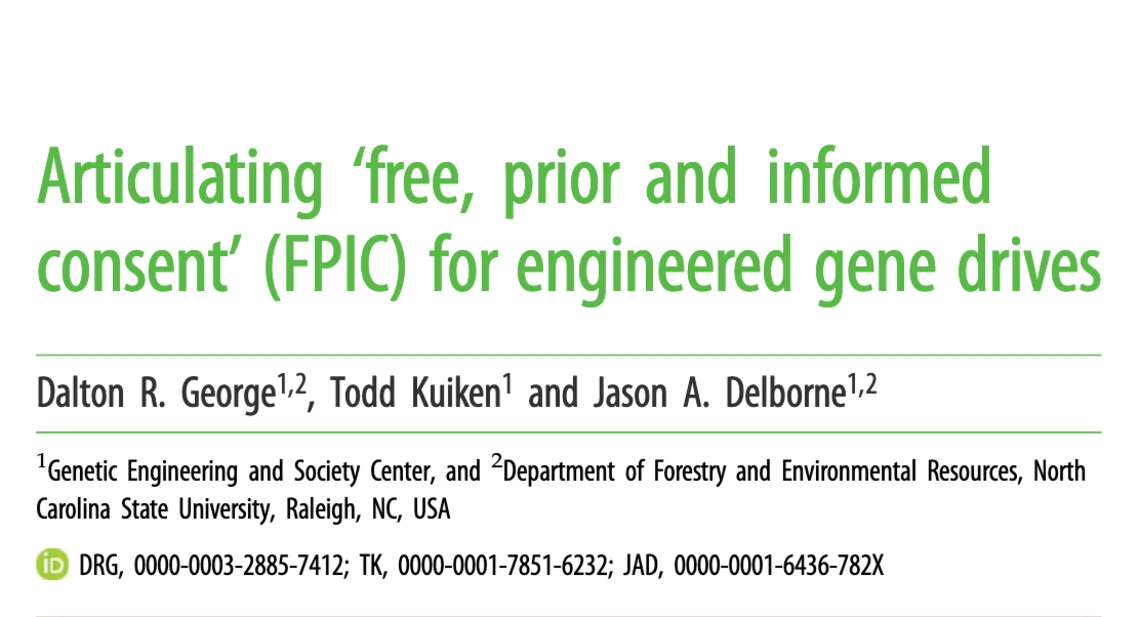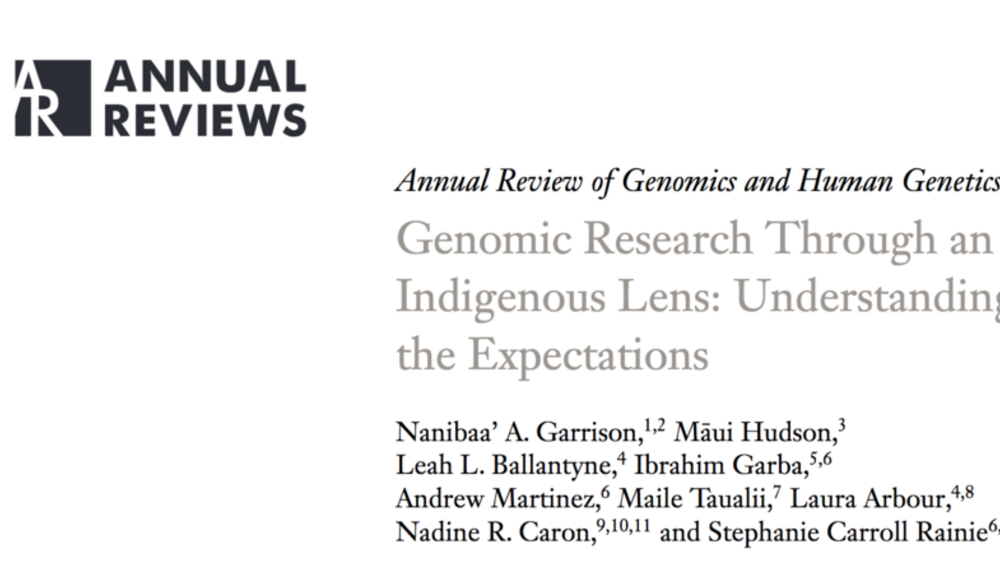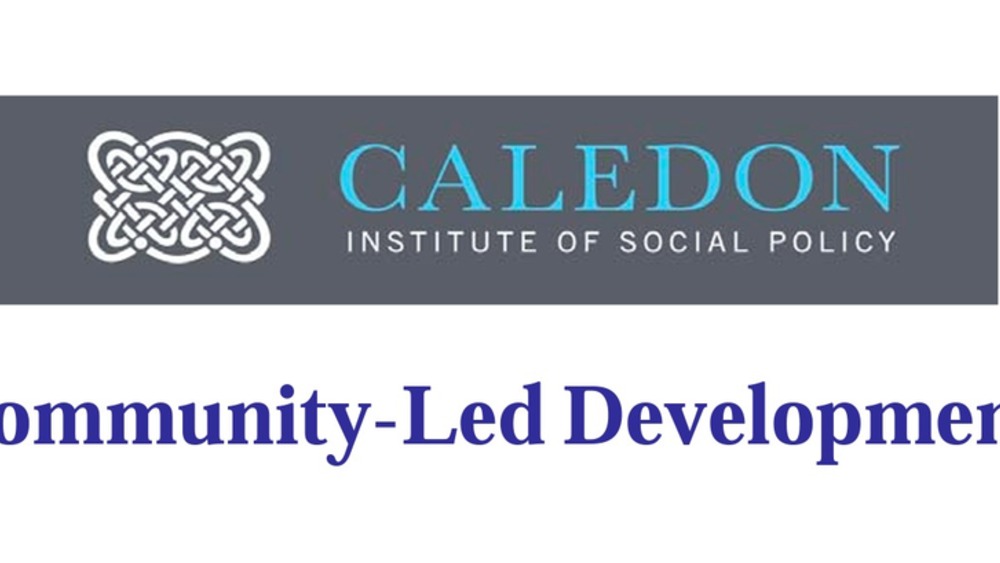Recent statements by United Nations bodies point to free, prior and informed consent (FPIC) as a potential requirement in the development of engineered gene drive applications. As a concept developed in the context of protecting Indigenous rights to self-determination in land development scenarios, FPIC would need to be extended to apply to the context of ecological editing. Without an explicit framework of application, FPIC could be interpreted as a narrowly framed process of community consultation focused on the social implications of technology, and award little formal or advisory power indecision-making to Indigenous peoples and local communities. In this paper, we argue for an articulation of FPIC that attends to issues of transparency, iterative community-scale consent, and shared power through co-development among Indigenous peoples, local communities, researchers and technology developers. In realizing a comprehensive FPIC process, researchers and developers have an opportunity to incorporate enhanced participation and social guidance mechanisms into the design, development and implementation of engineered gene drive applications.
Additional Information
George DR, Kuiken T, Delborne JA. 2019. Articulating ‘free, prior and informed consent’ (FPIC) for engineered gene drives. Proc. R. Soc. B286: 20191484. http://dx.doi.org/10.1098/rspb.2019.1484




